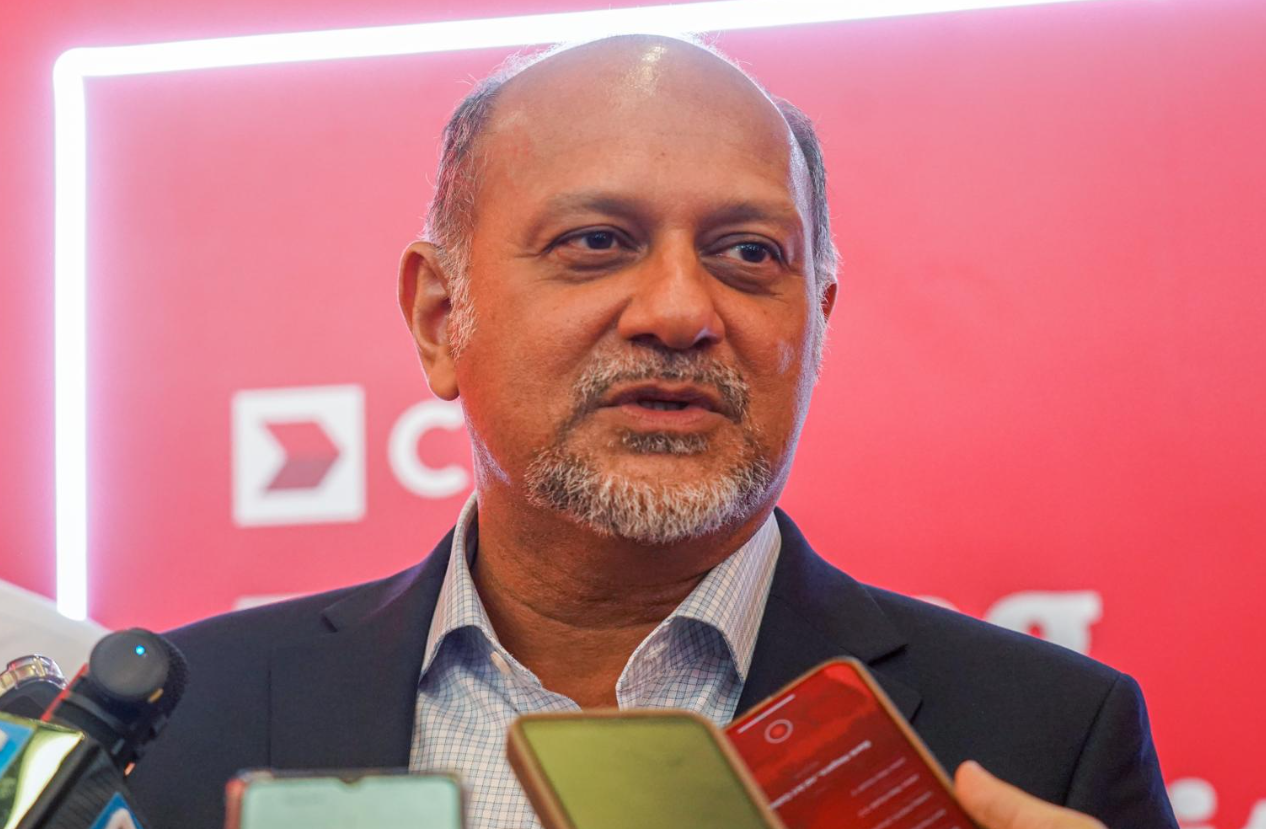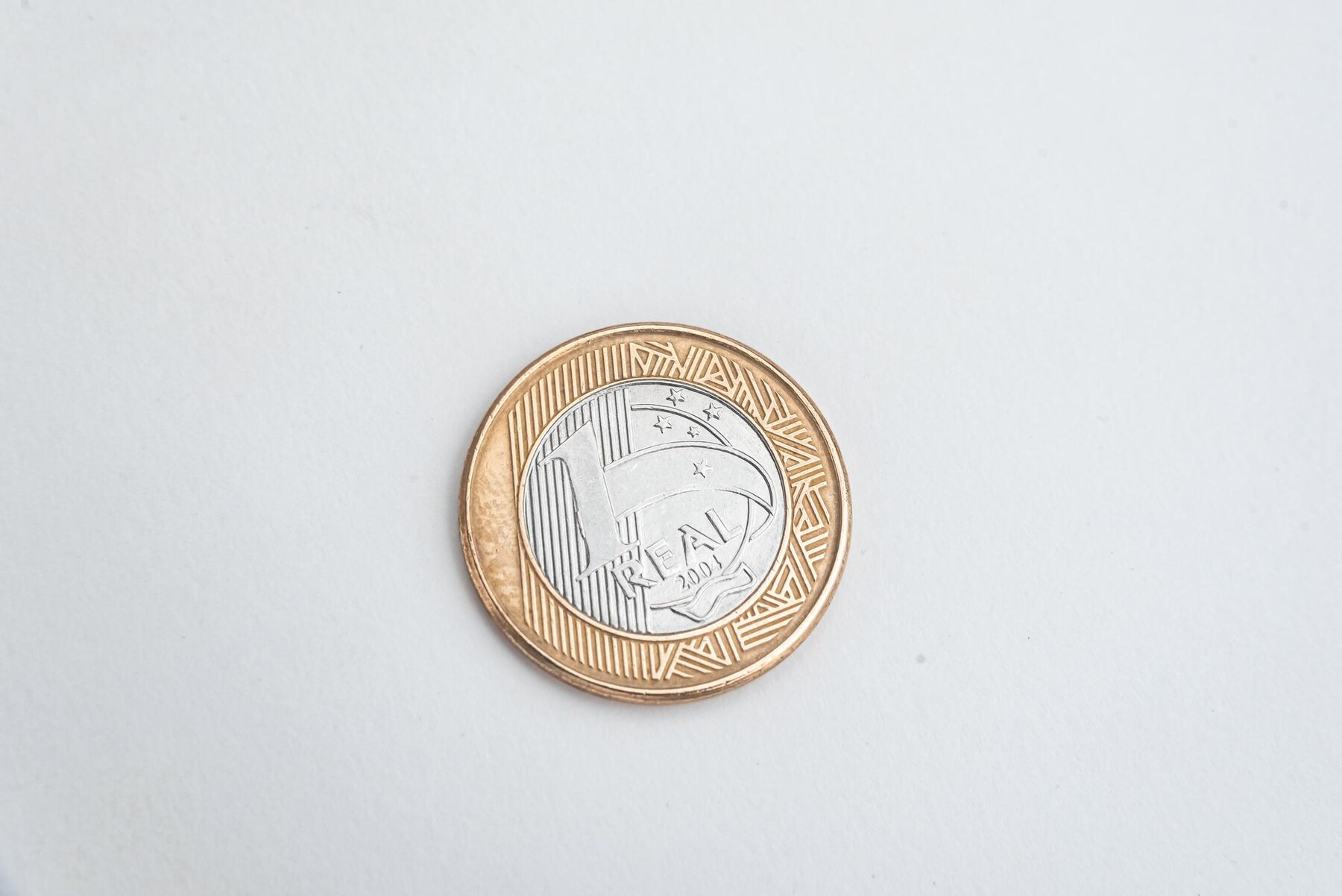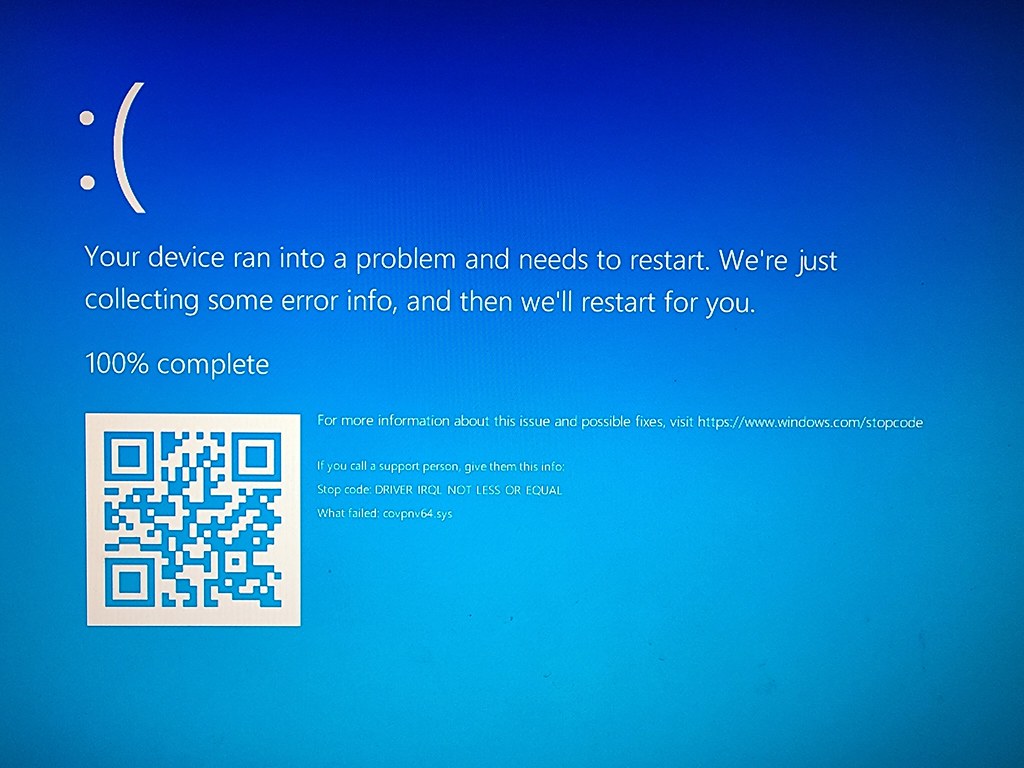Amid a steep decline in the value of the Brazilian real against the U.S. dollar, Brazil’s central bank, Banco Central do Brasil (BCB), has issued a draft regulation aimed at banning the transfer of stablecoins, such as Tether’s USDt, to self-custodial wallets like MetaMask. This proposal, open for public consultation until February 28, 2025, is part of Brazil’s broader strategy to strengthen oversight of the foreign exchange market and manage the outflow of capital.
The Proposal’s Core
The BCB’s proposed regulation specifically prohibits virtual asset service providers from transferring stablecoins and other virtual assets denominated in foreign currencies to self-custodial wallets. This measure is intended to tighten the regulatory framework around the foreign exchange operations involving cryptocurrencies.
Self-custodial wallets, which allow users to manage their crypto without intermediaries, do not require user information for transactions and are therefore less regulated. This poses challenges for national financial oversight, prompting the BCB’s restrictive approach.
The BCB’s decision comes at a time when the Brazilian real has dramatically depreciated, losing at least 23% of its value against the dollar since the beginning of the year. On November 29, the real hit an all-time low, exchanging at 6.09 reals per dollar. This economic pressure has escalated concerns about capital flight, particularly into more stable digital assets like stablecoins.
Carol Souza, co-founder of Area Bitcoin, expressed concerns on social media, stating, “They’re closing the exits while BRL is collapsing,” reflecting the community’s anxiety over restrictive financial movements in times of economic downturn.
| Metric | Value |
|---|---|
| Annual Crypto Inflows | $90 billion |
| Position in Global Market | Second-largest |
| Share of Stablecoin Transactions | 59.8% of total market |
While Brazil’s move to ban stablecoin withdrawals to self-custodial wallets is aimed at safeguarding the national economy and enhancing financial oversight, it raises questions about the balance between regulation and financial freedom. These measures might protect the economy in the short term but could also inhibit the growth of innovative financial technologies and restrict individuals’ ability to shield themselves from currency volatility.











